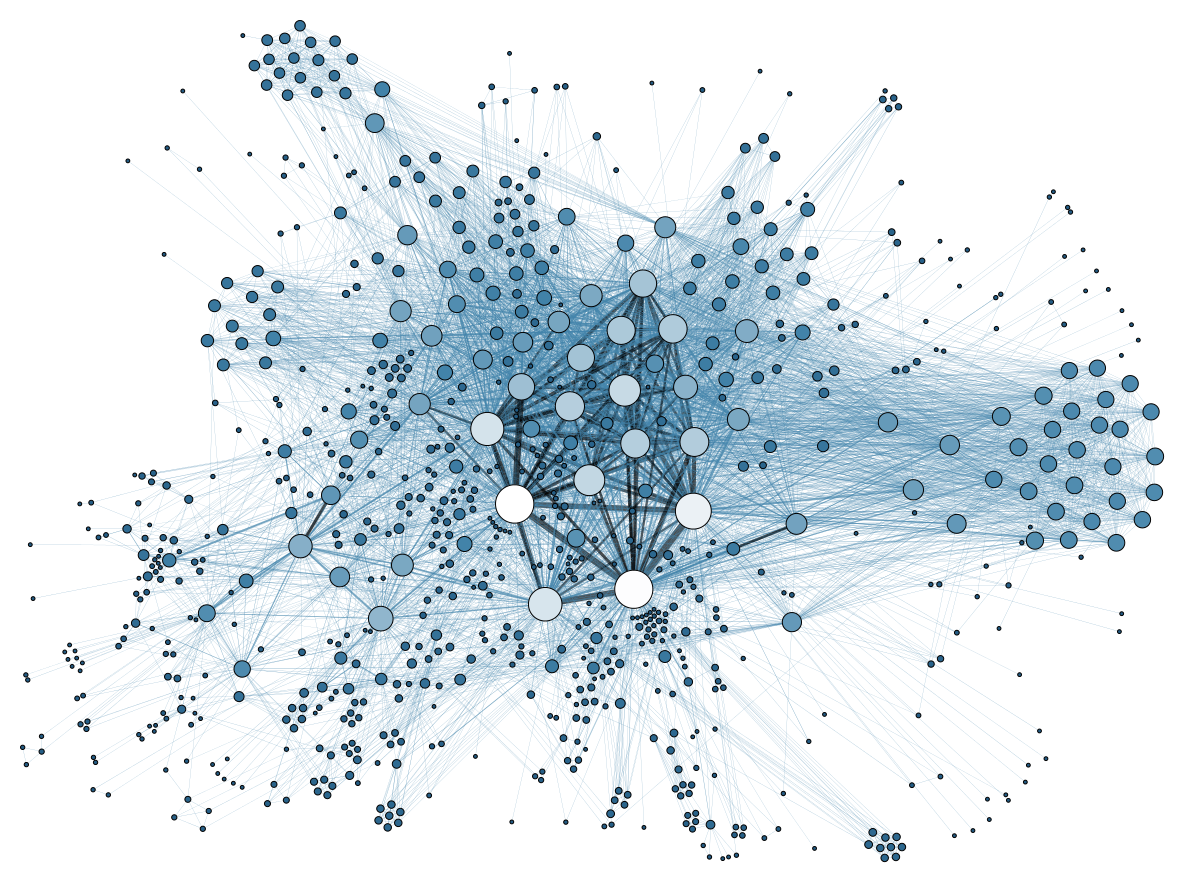
About the Networked Humanities
Broadly speaking, the digital humanities (DH) speaks to the encounter between digital technologies and the kinds of questions that humanities disciplines ask. DH isn’t merely about bringing the humanities online; it’s about understanding the relationship between the digital and the human, using technologies to ask existing questions differently, or even asking different kinds of questions.
DH has been a long-standing area of research inquiry at JMU. In 2013, the College of Arts and Letters provided support for the Digital Humanities and Social Sciences Institute, which was designed to introduce DH into the undergraduate classroom. Since then, as the digital humanities network has grown within the College of Arts and Letters, it has become clear that we need to open the conversation to faculty and students in other colleges. Collaboration, after all, is a proud tradition at JMU. Programs such as Africana Studies support classes that gather together students and faculty from across the university. The Institute for Visual Studies has been supporting team-taught classes, symposia and other kinds of events that presume an open, multidisciplinary way of looking, thinking and making, a mission that is also at the heart of the JMU X-Labs.
This collaborative spirit of open inquiry and experimentation is the main reason we have rebranded DH at JMU as “The Networked Humanities.” For us, the “networked” is a much richer way to describe how DH on our campus is supported and circulates. “Networked” fuses technology and relations with others in a single word, privileging neither. Our vision is that the networked humanities isn’t owned by any particular discipline or perspective, but rather is an orientation toward knowledge building that is inclusive of humanities questions and ways of thinking.